The Irish Soft-Haired Wheaten Terrier was bred in Ireland at least two centuries ago. These dogs were used for a variety of tasks, including hunting rats and other rodents, guarding homes and livestock, and as companions. The breed got its name because of its unusual wheat-colored coat color.
At the beginning of the twentieth century the breed was officially recognized, but two world wars and economic hardships made it difficult to breed. In 1943 a club of Irish amateurs of the breed was founded in Ireland, which has begun to actively work on the restoration and promotion of the breed in the world. Currently, the Irish Soft Coated Wheaten Terrier is a popular breed in many countries, including the United States, Great Britain and Canada.
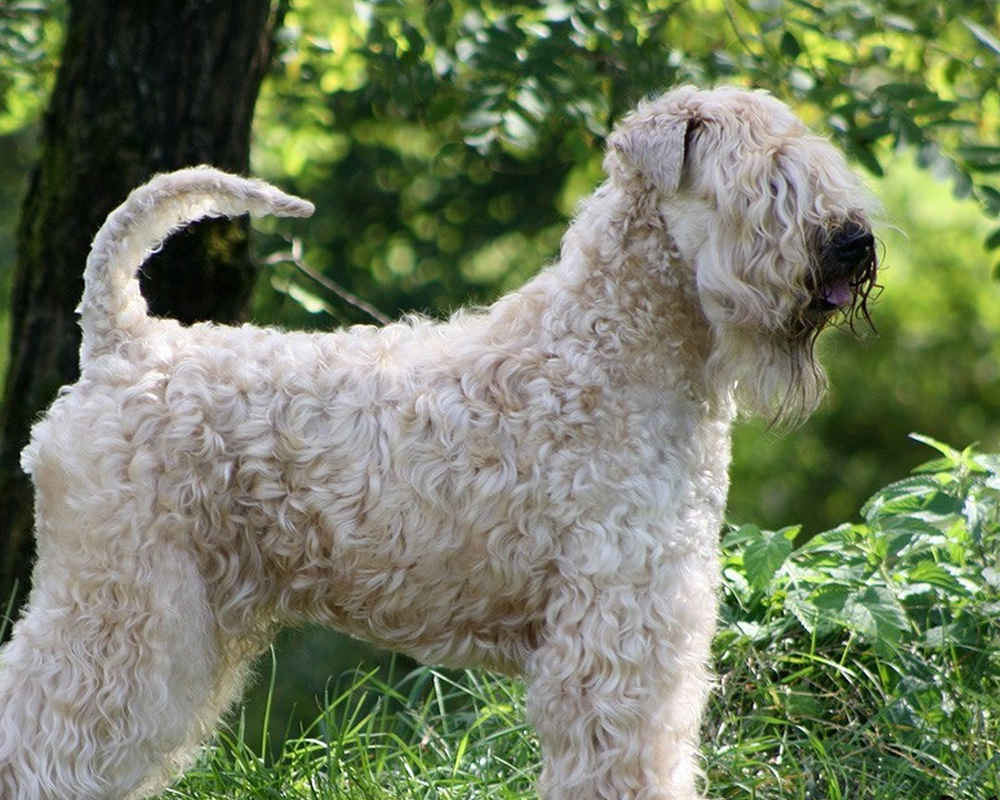
Characteristics
The Irish Soft-Haired Wheaten Terrier is a medium-sized dog with a muscular build. They reach a height of 43 to 48 cm at the withers and weigh 16 to 20 kg. Their coat color can vary from light yellow to dark wheat.
These dogs have a friendly and cheerful personality. They love to socialize with people and other animals, so they can be great companions for families. However, they are also quite energetic and need regular exercise and training.
Care
In order to keep your Irish Soft-Haired Wheaten Terrier healthy and happy, it is important to provide them with proper care. They need regular haircuts and bathing, which should be done about once a month. It is also important to brush their ears and teeth regularly.
These dogs love active walks and games, so they need plenty of exercise. Walks should be taken at least twice a day, and walks should be long and varied enough so that the dog can get plenty of exercise and stimulation.
Feeding the Irish Soft Coated Wheaten Terrier should be based on a high quality balanced diet of high quality proteins, carbohydrates, fats, vitamins and minerals. It is important to watch the amount of food to avoid problems with excess weight.
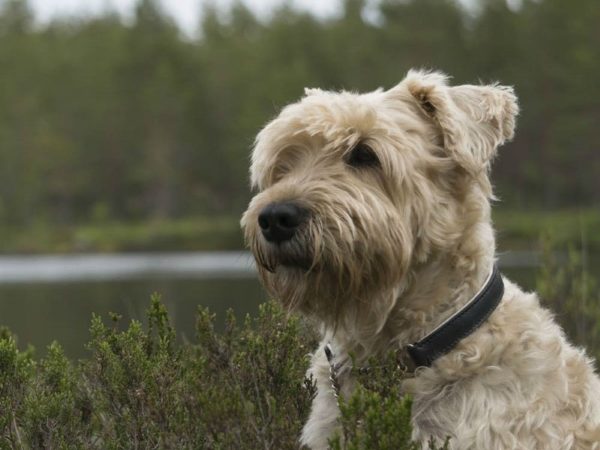
Training and socialization
The Irish Soft-Haired Wheaten Terrier is quite intelligent and trainable, but requires patience and consistency in training. They can be independent and stubborn, so it is important to start training at a young age and use positive motivation methods.
It is also important to socialize the dog from an early age so he can interact comfortably with other animals and people. The dog should be familiar with different sounds, smells, and situations to avoid unwanted behavior in the future.
Breeding and Breed Health
Irish Soft-Haired Wheaten Terriers can have some healthy problems, including allergies, skin problems, hair problems, and hereditary conditions such as hip dysplasia and some cancers. When selecting a puppy, it is important to check the health of the parents and do tests for hereditary diseases.
The breed should only be bred by experienced breeders who monitor the health and quality of the breed.
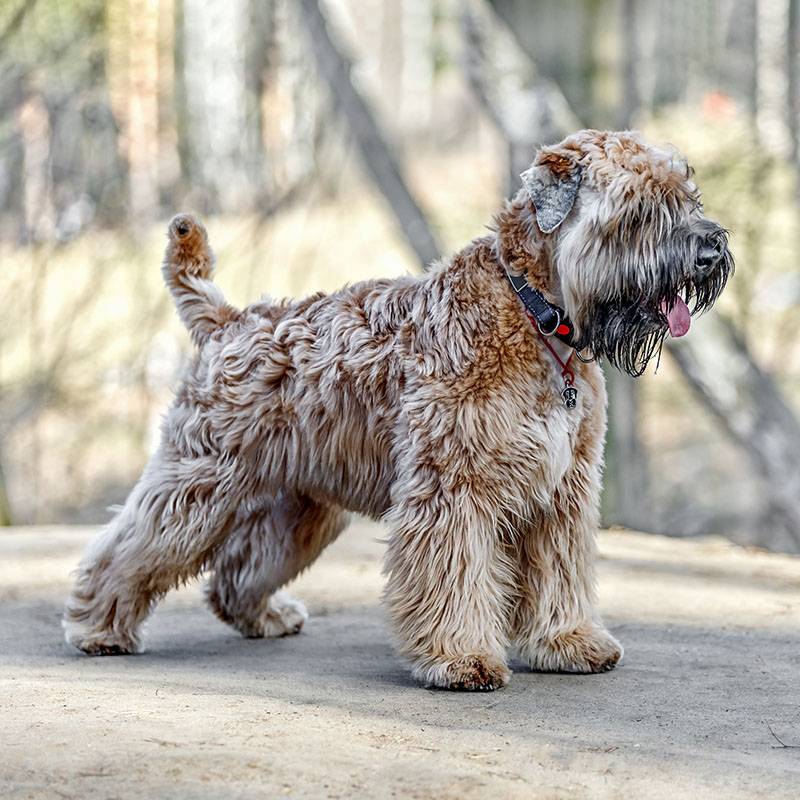
Top 10 facts about the Irish Soft Coated Wheaten Terrier:
- The Irish Soft-Haired Wheaten Terrier is one of four terrier breeds that originated in Ireland.
- They have been used for a variety of tasks, including rodent hunting, home and livestock guarding, and as companions.
- It is a medium-sized dog that reaches a height of 43 to 48 cm at the withers and weighs 16 to 20 kg.
- Its coat color can vary from light yellow to dark wheat.
- Their soft coat does not shed and has a fairly high density.
- These dogs have a cheerful and friendly personality, making them great family companions.
- They can be independent and stubborn, so they need constant training and socialization.
- They need to be bathed and sheared about once a month.
- They are a fairly healthy breed, but may suffer from some hereditary diseases such as hip dysplasia and cancer.
- Irish Soft-Haired Wheaten Terriers can make excellent sporting partners and love to participate in various activities such as agility or Frisbee.
Conclusions
The Irish Soft-Haired Wheaten Terrier is a wonderful dog breed that can be a great family companion. They have a friendly disposition, love to socialize with people and other animals, and need regular exercise and training. However, they are also quite independent and stubborn, so they need constant socialization and training.


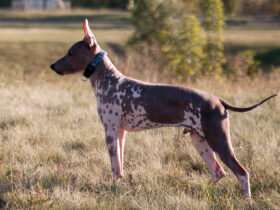
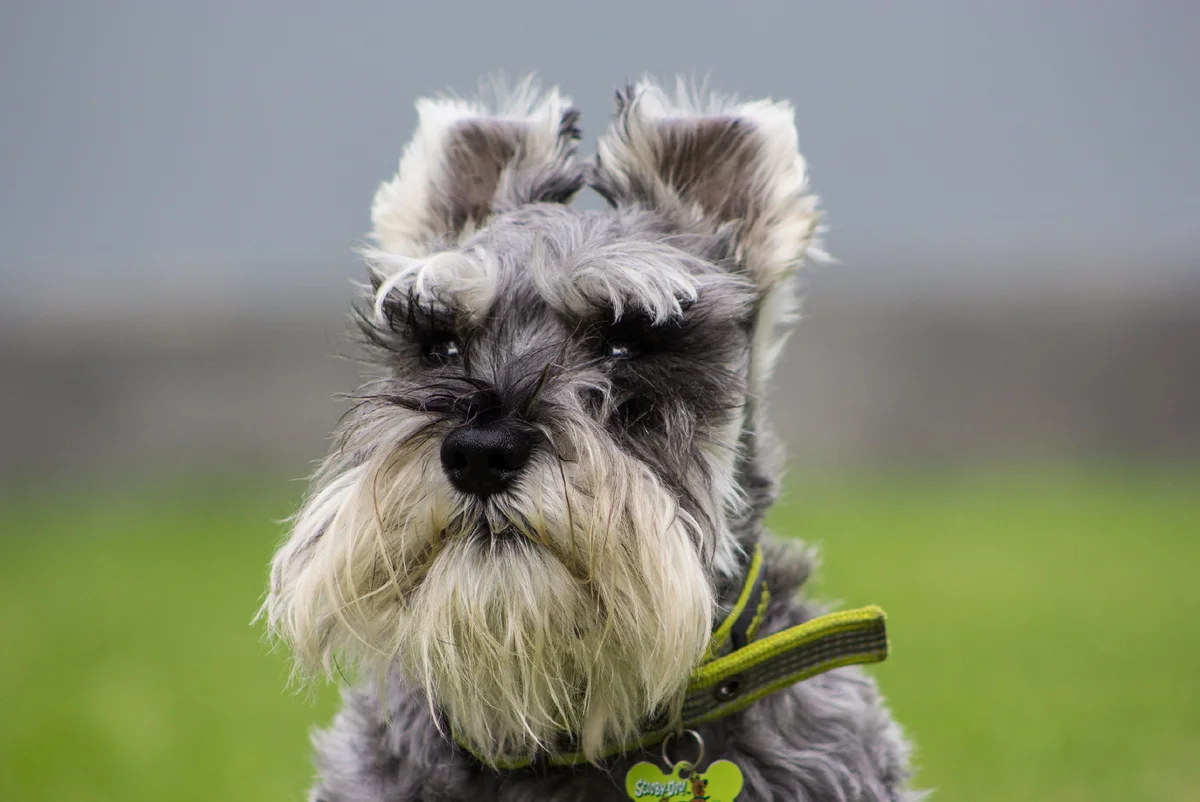
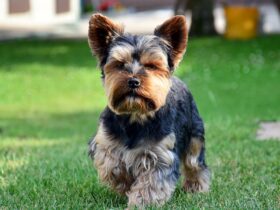
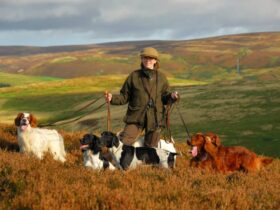
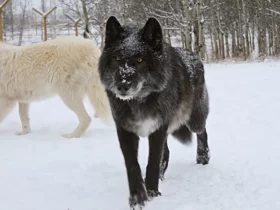
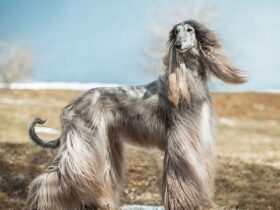
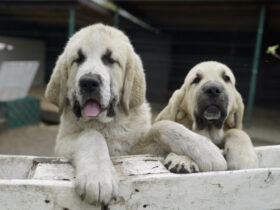
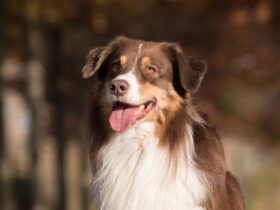
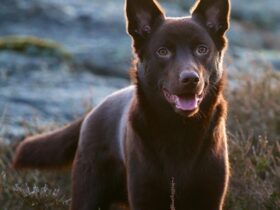
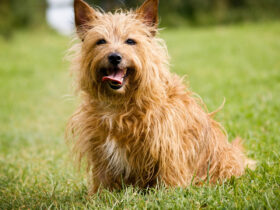
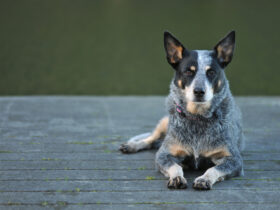
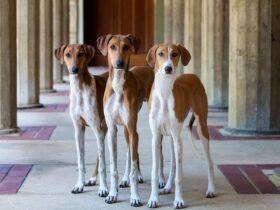
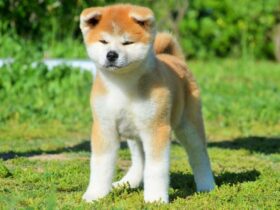
Leave a Reply